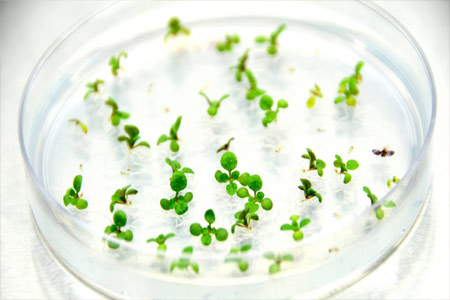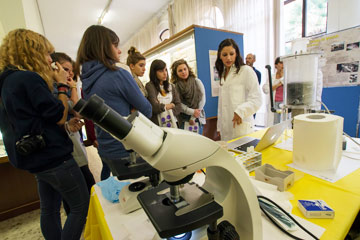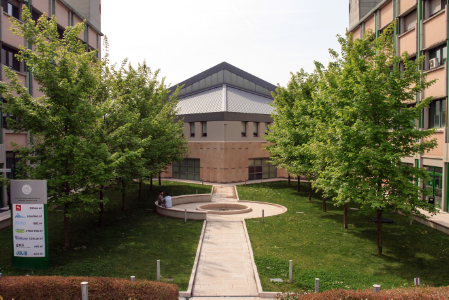- Curriculum
-
PhD student with strong motivation to learn and grow in the role of biotechnologist. In the last year, I focus my research activities on the synthesis of fluorescent biomimetic polymeric nanoparticles (MIPs) capable of binding specifically a target analyte. I investigate the use of these polymers as recognition elements to develop optical sensors.
Modules
Modules running in the period selected: 0.
Click on the module to see the timetable and course details.
Di seguito sono elencati gli eventi e gli insegnamenti di Terza Missione collegati al docente:
- Eventi di Terza Missione: eventi di Public Engagement e Formazione Continua.
- Insegnamenti di Terza Missione: insegnamenti che fanno parte di Corsi di Studio come Corsi di formazione continua, Corsi di perfezionamento e aggiornamento professionale, Corsi di perfezionamento, Master e Scuole di specializzazione.








 marinangeli
marinangeli univr
univr

